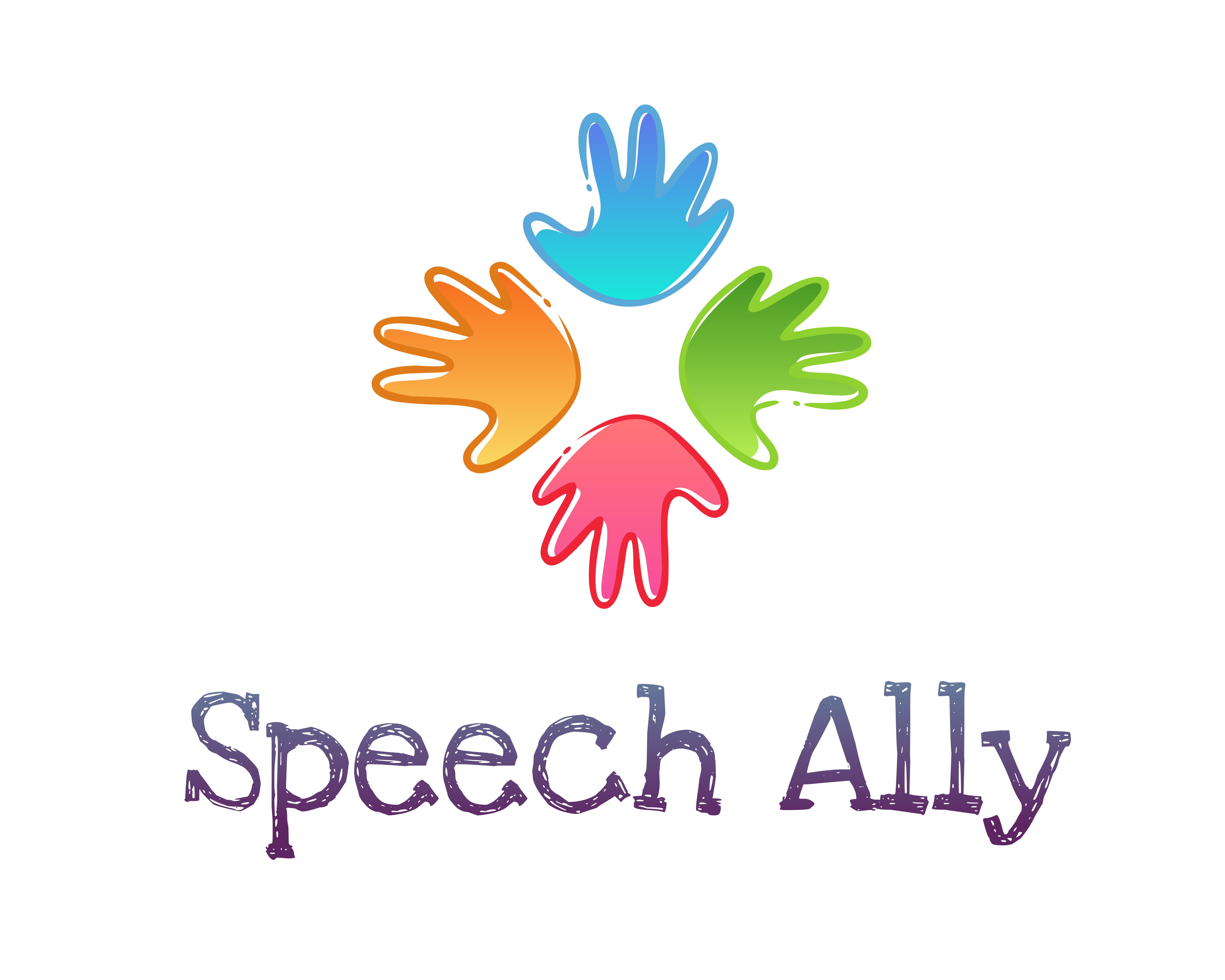How Can Structured Literacy Programs Transform the Way Children Learn to Read?
- SpeechAlly

- Aug 21, 2025
- 3 min read

Reading is a fundamental skill that shapes a child’s educational journey. For children with learning needs, such as children in the spectrum, or those requiring speech therapy in general, traditional reading programs can sometimes fall short. This is where structured literacy programs come into play. These programs offer a systematic approach that not only makes reading accessible but also enjoyable for all learners.
What Is Structured Literacy?
Structured literacy is a teaching approach that emphasizes the components of reading, including phonemic awareness, phonics, vocabulary, fluency, and comprehension. Unlike traditional methods, structured literacy is systematic and explicit. It breaks down the reading process into clear, manageable parts. This structured approach benefits all children, especially those who may struggle with reading due to various challenges, including autism spectrum disorder (ASD).
Benefits for Children with Learning Difficulties
Children with learning difficulties often require tailored instruction to meet their unique needs. Structured literacy programs provide a consistent framework that helps them build a solid foundation in reading. By focusing on the core components of literacy, these programs allow children to progress at their own pace. For ASD speech therapy kids, this means they can develop reading skills in an environment that accommodates their specific learning styles.
Engaging Learning Techniques
Structured literacy programs incorporate a variety of engaging techniques to make learning fun. Multi-sensory activities are often used, allowing children to connect sounds, letters, and words in different ways. For example, children might use blocks to form words, engage in songs that teach phonics, or incorporate arts & crafts into literacy. This approach not only helps children grasp the material but also keeps them motivated and excited about learning.
Building Confidence Through Mastery
One of the most significant advantages of structured literacy is the confidence it builds in children. As they master each skill, they see their progress, which motivates them to continue learning. This is particularly beneficial for children who have previously struggled with reading. The supportive and structured environment encourages them to take risks and engage with texts, ultimately transforming their attitude toward reading.
Parental Involvement in Learning
Parental involvement plays a crucial role in the success of structured literacy programs. Parents can reinforce the skills learned in school and in therapy by creating a literacy-rich environment at home. Simple activities such as reading together, playing word games, or discussing stories can make a significant impact. When parents are engaged, children are more likely to thrive in their literacy journey, making the home a continuation of their learning experience.
Long-Term Academic Success
The skills developed in structured literacy programs have long-lasting benefits. By establishing a strong reading foundation, children are better equipped to tackle more complex texts as they progress through their education. This is particularly important as children advance in school, where reading comprehension becomes increasingly vital across all subjects.
Summing Up:
Structured literacy programs have the potential to transform how children learn to read, particularly for those needing additional support like ASD kids in speech therapy. By providing a clear and engaging framework, these programs help children develop essential reading skills while fostering confidence and a love for learning. The speech therapists at Speech Ally understand the unique needs of every child and are dedicated to helping them succeed in their literacy journey. With the right support, all children can become proficient and enthusiastic readers, ready to take on the world.




Comments